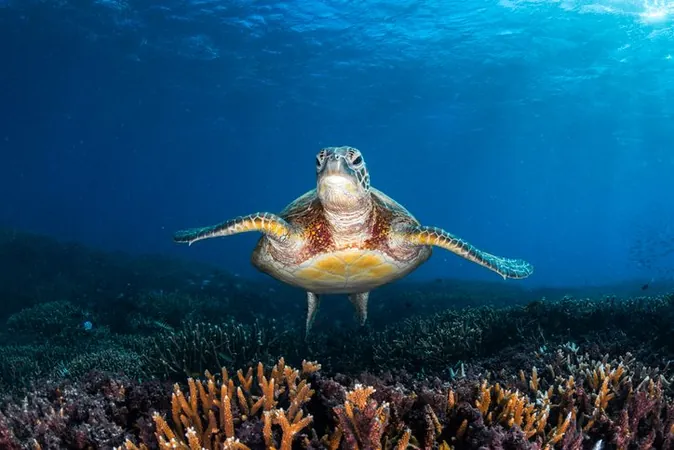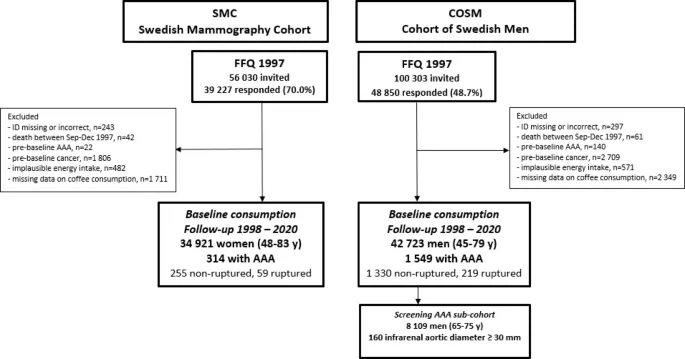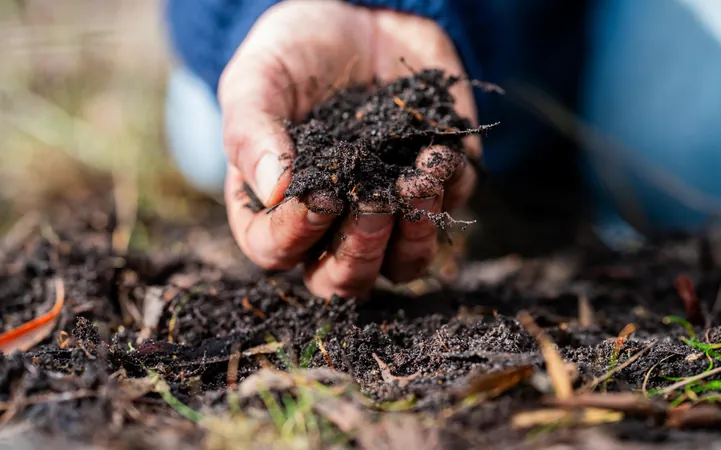
Uncovering the Truth: Why Turtles Might Hold the Key to Fighting Cancer
2025-07-09
Author: Wei
A Groundbreaking Discovery in Turtle Biology
In a stunning revelation, scientists have uncovered robust evidence suggesting that cancer is strikingly uncommon in turtles, a finding that could reshape our understanding of cancer resistance, not just in turtles, but potentially in humans as well.
The Study That Changed Everything
Published in the journal BioScience, this pioneering study reveals that only about 1% of turtles suffer from cancer, a statistic that dwarfs the incidence seen in mammals and birds. Spearheaded by Dr. Ylenia Chiari from the University of Nottingham and Dr. Scott Glaberman from the University of Birmingham, this research involved extensive collaboration with zoos across the UK, US, and Europe. Their deep dive into medical records and necropsies of hundreds of zoo turtles yielded astonishing findings: not only are cancer cases rare, but when tumors do develop, they rarely metastasize.
The Mystery of Turtles' Cancer Resistance
What accounts for this incredible resilience against cancer? The researchers point to a combination of factors: turtles possess robust defenses against cellular damage, a slow metabolism that minimizes stress on cells, and unique genetic traits that bolster their cancer-fighting capabilities. These traits suggest that turtles could offer invaluable insights into cancer prevention and treatment for humans.
A Shift in Understanding: Peto's Paradox Challenged
This research feeds into the ongoing debate surrounding Peto's paradox—an age-old theory positing that an animal's size should correlate with its cancer risk due to the sheer number of cells. However, recent findings, including those from the University of Reading, have begun to challenge this notion, revealing that larger animals may not necessarily face higher cancer rates. Notably, the Galapagos and Aldabra giant tortoises—massive creatures known for their longevity—exemplify this contradiction, supporting the argument that size does not inherently lead to increased cancer risk.
The Implications for Human Health
Dr. Chiari emphasizes the importance of these findings, stating, "Turtles, especially iconic species like Galapagos and Aldabra giant tortoises, are renowned for their longevity and massive size. Intuitively, one would expect a higher cancer incidence, but our research unveils how remarkably rare cancer is among these fascinating creatures. Turtles could serve as a valuable model for studying cancer resistance and the mechanics of healthy aging."
Conclusion: What Lies Ahead?
With this groundbreaking research, turtles may well emerge as unsung heroes in the fight against cancer, offering new avenues for exploration in medical science. The intricate balance of their biology could pave the way for innovative strategies in understanding and combating this disease in humans. As we continue to delve into their exceptional resilience, the turtle may reveal secrets that could change the landscape of cancer treatment.





 Brasil (PT)
Brasil (PT)
 Canada (EN)
Canada (EN)
 Chile (ES)
Chile (ES)
 Česko (CS)
Česko (CS)
 대한민국 (KO)
대한민국 (KO)
 España (ES)
España (ES)
 France (FR)
France (FR)
 Hong Kong (EN)
Hong Kong (EN)
 Italia (IT)
Italia (IT)
 日本 (JA)
日本 (JA)
 Magyarország (HU)
Magyarország (HU)
 Norge (NO)
Norge (NO)
 Polska (PL)
Polska (PL)
 Schweiz (DE)
Schweiz (DE)
 Singapore (EN)
Singapore (EN)
 Sverige (SV)
Sverige (SV)
 Suomi (FI)
Suomi (FI)
 Türkiye (TR)
Türkiye (TR)
 الإمارات العربية المتحدة (AR)
الإمارات العربية المتحدة (AR)